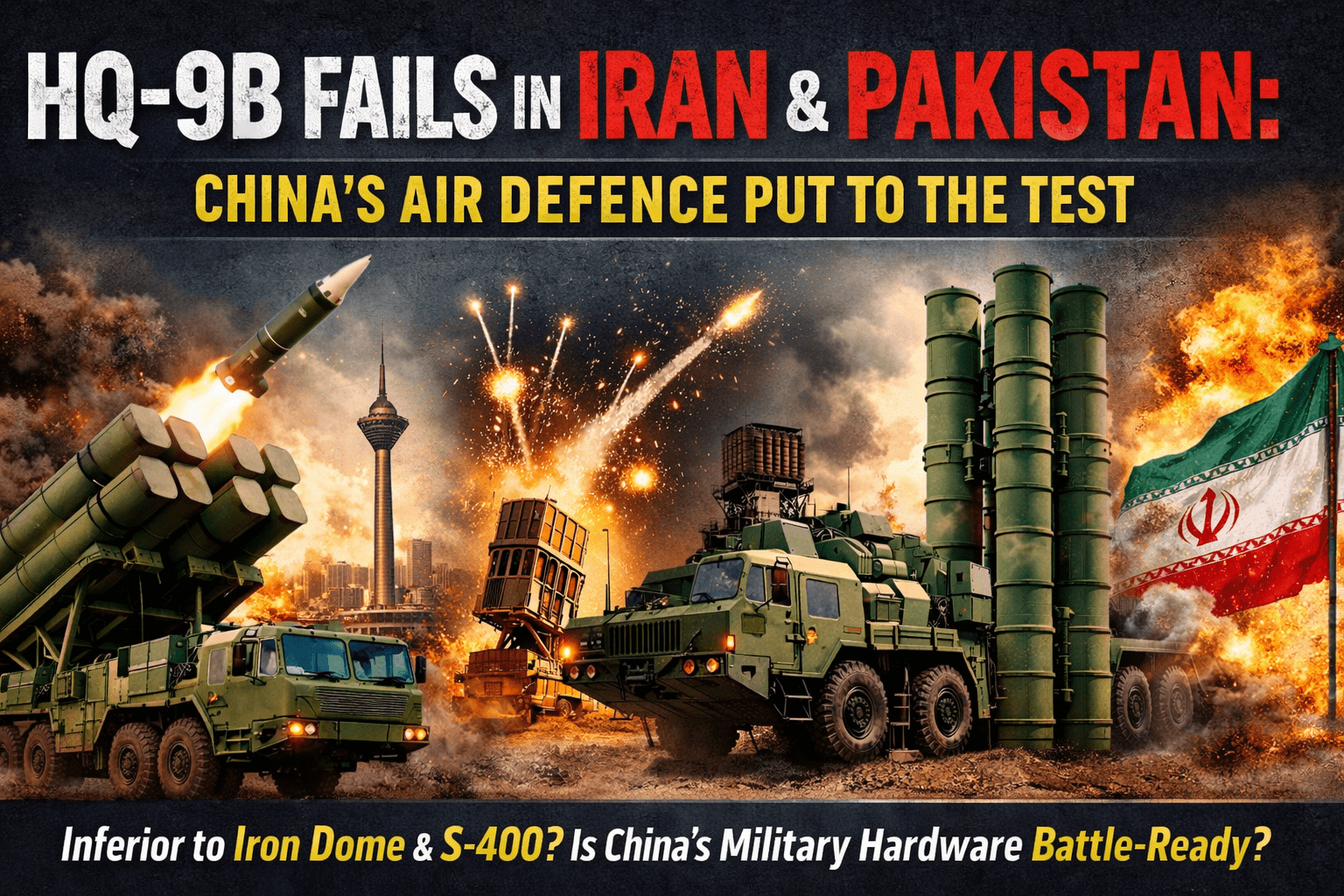In early August, the authorities in Laos delivered an ultimatum to scammers operating in the notorious Golden Triangle Special Economic Zone: Clear out or face the consequences.
On Aug. 12, the Lao police, supported by their Chinese counterparts, swooped in. Some 711 people were arrested during the first week. Another 60 Lao and Chinese nationals were arrested by the end of the month, and more arrests have been made since.
The way Vientiane frames it, Laos is now getting tough on the vast cyber-scamming industry that has infested much of mainland Southeast Asia.
In Laos, the sector could be worth as much as the equivalent of 40 percent of the formal economy, according to a United States Institute of Peace report earlier this year.
The think tank estimated that criminal gangs could be holding as many as 85,000 workers in slave-like conditions in compounds in Laos.
People in Laos tell me there is some truth to Vientiane’s assertions. This might have been why Laos was downgraded to Tier 2 on the U.S. State Department’s annual human trafficking ranking in July, while Myanmar and Cambodia were downgraded to the lower Tier 3.
According to one expert, “Laos is taking this issue more seriously than Cambodia and has more capacity to respond than Myanmar.”
However, Vientiane would care if scammers are now merely set up shop elsewhere in Laos. One source tells me that they are already embedding themselves in the capital and near the Laos-China border.
Depending on how things play out, Laos might end up with a diffuse scam industry that’s structured a lot more like Cambodia’s — and which is far harder to dismantle.
Dispersing the scam compounds means increasing contacts between the criminals and officials from other provinces. Less sophisticated syndicates mean more of the scamming profits stay in-country, laundered through the local economy, infecting everything.
Narco-states like Mexico and Colombia have learned the brutal lesson that it’s simpler to deal with an illegal industry run by one dominant cartel, even one you have to tolerate, rather than a scorched-earth free-for-all between many warring factions.
Possibly, a similar impulse may be why Vientiane seemingly wants to push Zhao and his associates enough for some smaller operators to flee the country, but not enough that the Golden Triangle SEZ collapses.
David Hutt is a research fellow at the Central European Institute of Asian Studies (CEIAS) and the Southeast Asia Columnist at the Diplomat. He writes the Watching Europe In Southeast Asia newsletter. The views expressed here are his own and do not reflect the position of RFA.
We are : Investigative Journalism Reportika
Investigative Reports
Daily Reports
Interviews
Surveys Reportika



